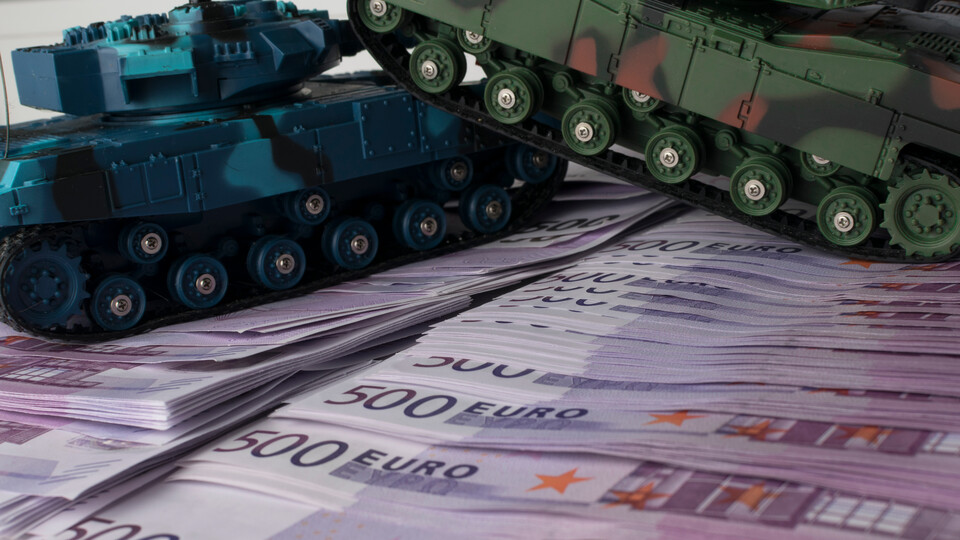Increased Military Spending May Not Lead to Economic Return

The German government plans to significantly increase its defense spending in the upcoming years. Up to five percent of the GDP will be invested in expanding the military. Alongside security policy objectives, politicians also have economic expectations. They hope for a modernization boost for the industry and new impetus for economic growth.
However, the study by economists Professor Tom Krebs, Ph.D., and Dr. Patrick Kaczmarczyk from the Chair of Macroeconomics and Economic Policy at the University of Mannheim shows a different result: The fiscal multiplier, which measures how much additional government spending increases the GDP, is a maximum of 0.5 for military spending in Germany. This means: In the best-case scenario, every euro spent leads to 50 cents of additional economic activity. By contrast, public investment in education, infrastructure, and childcare achieves significantly higher multipliers, generating two to three times as much additional value added, according to the study. Professor Tom Krebs, Ph.D., concludes that “from an economic perspective, the planned militarization of the German economy is a risky gamble with low overall economic returns.”